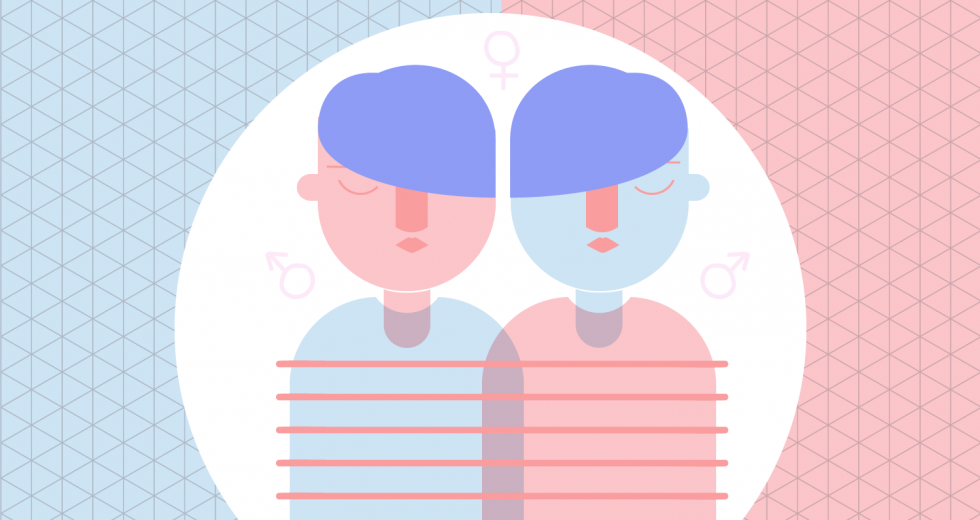The most significant challenge for tech coworking spaces is usually having enough physical space, equipment and bandwidth for multiple creators to be able to work on a diverse number of projects at the same time. But women using hackerspaces often face another challenge as well – overcoming the tech world’s male-dominated “brogrammer” culture.
According to U.S. Census data, women comprise only about 26 percent of all workers in the STEM fields (that’s science, technology, engineering and math). That has led to what feminist tech blogger and coder Liz Henry has called the “sexist and misogynist misconceptions…that women are just not interested enough in ‘hacking’ to be a large part of DIY, hacker or maker culture.” It has also led to the growing trend of women-only hackerspaces like Double Union in San Francisco and Seattle’s Seattle Attic.
“If we aren’t at hackerspaces, it isn’t because we don’t make things, don’t code or aren’t technical enough,” Henry says. “It’s because men act like the space is theirs. Women face harassment ranging from assault to much milder, but more constant, come-ons and innuendos. Our geek cred is constantly challenged or belittled.”
But it can be hard to tell how pervasive that kind of behavior actually is.
Related: Tech for All
“I’ve never encountered that kind of prejudice,” says Sacramento’s Hacker Lab CEO Gina Lujan, who has operated or worked in hackerspaces in Berkeley and San Francisco. “I can honestly tell you that the only judgment there was, ‘What can you bring to the table? Are you a badass business developer? Are you a great front end designer? Are you an engineer?’ You’re judged solely based on those talents. You can be a woman, you can be green, purple, it doesn’t matter: If you have the skillset, they want you on the team.”
But Lujan definitely believes we can do a lot more to grow the ranks of women in all of the STEM spaces.
“I think for women the problem actually stems from childhood,” she says. “We give our boys tools and we give our girls things in pink and dolls and cooking sets. The boys are getting Tinkertoys, Lincoln Logs and Legos.”
That, she says, essentially programs into children what we as a society believe girls and boys should do and how they should think. But she also thinks that mindset is changing.
“The amount of women here has definitely changed over the last three and half years,” she says. “We have quite a few women here, and that wasn’t the case when we first started.”
She believes Hacker Lab has always had a welcoming environment not only to women, but to older workers who might also feel intimidated by the usual youth-oriented tech atmosphere. But it didn’t come without a conscious effort on the part of her and her fellow Hacker Lab founders Charles Blas and Eric Ullrich.
“We had to create an environment where they felt comfortable,” she says. “So we partnered with the Arts and Business Council [now Blue Line Arts], and gave their in-house incubator program one full-year membership. We did that for two reasons: first, to invite the art culture here so we could have more than just tech and to also open it up to women because there are a lot of women who are in art who are creators and innovators and have a lot to bring to our table. Now it’s an environment in which they feel comfortable.”



